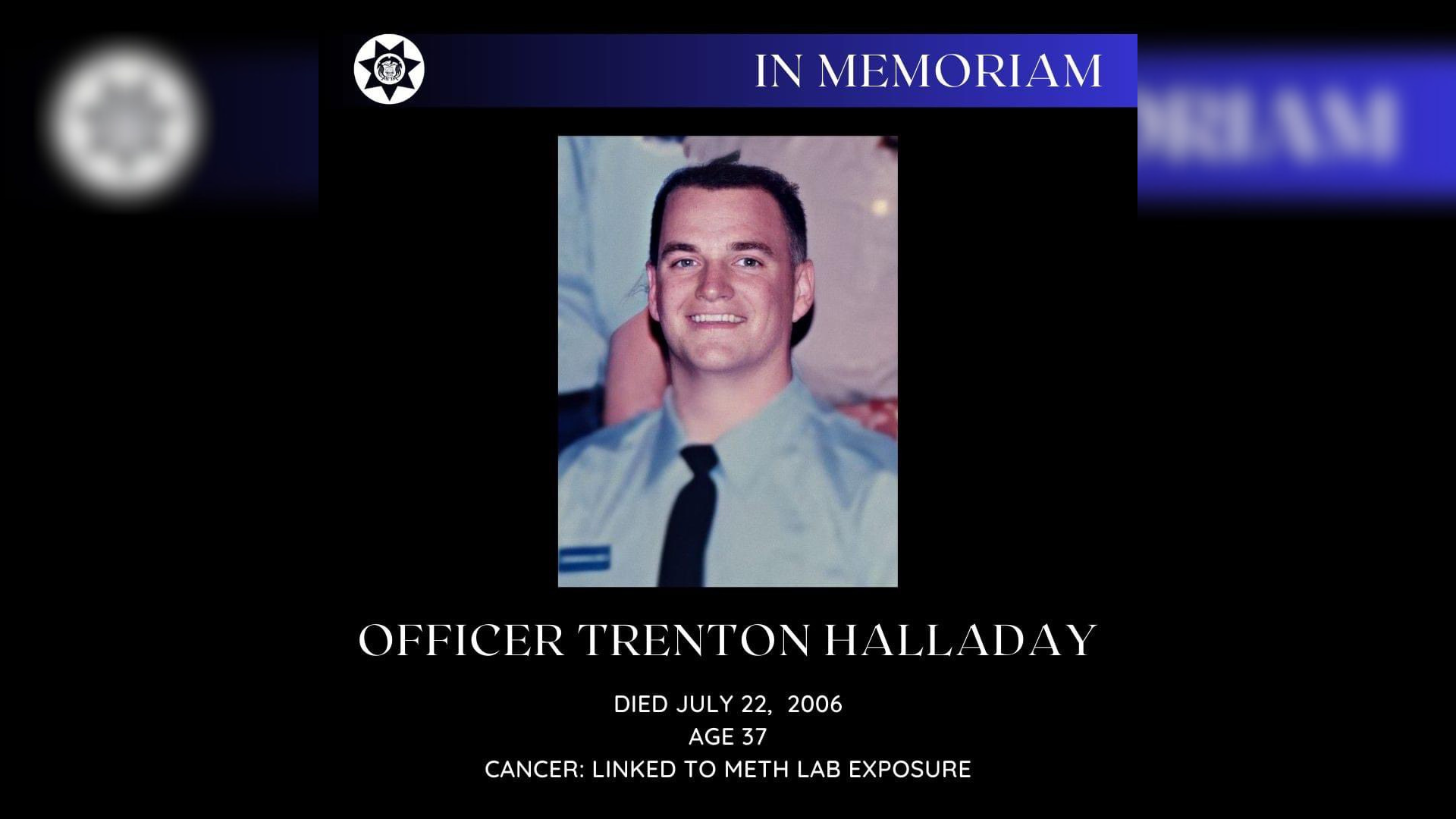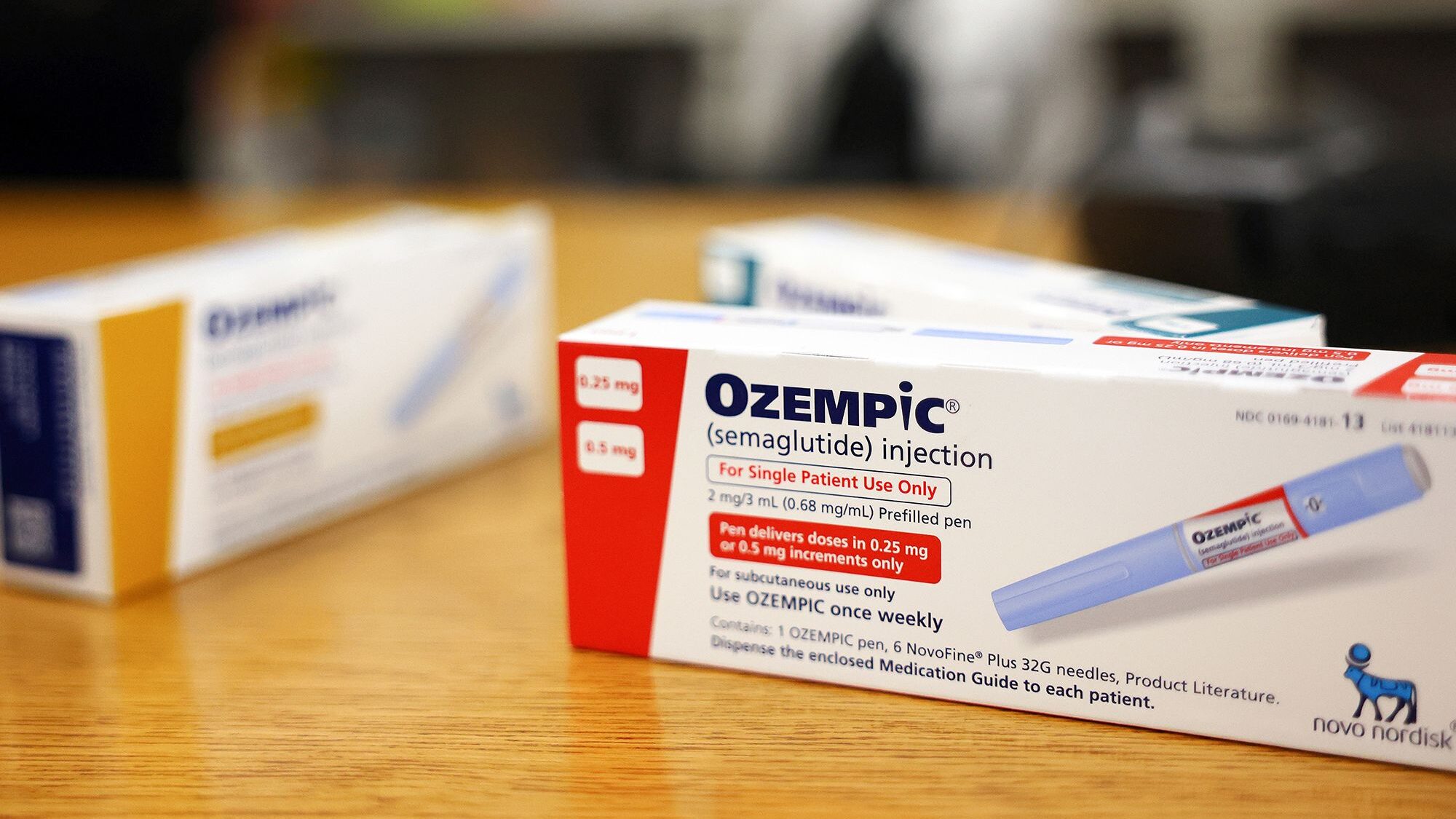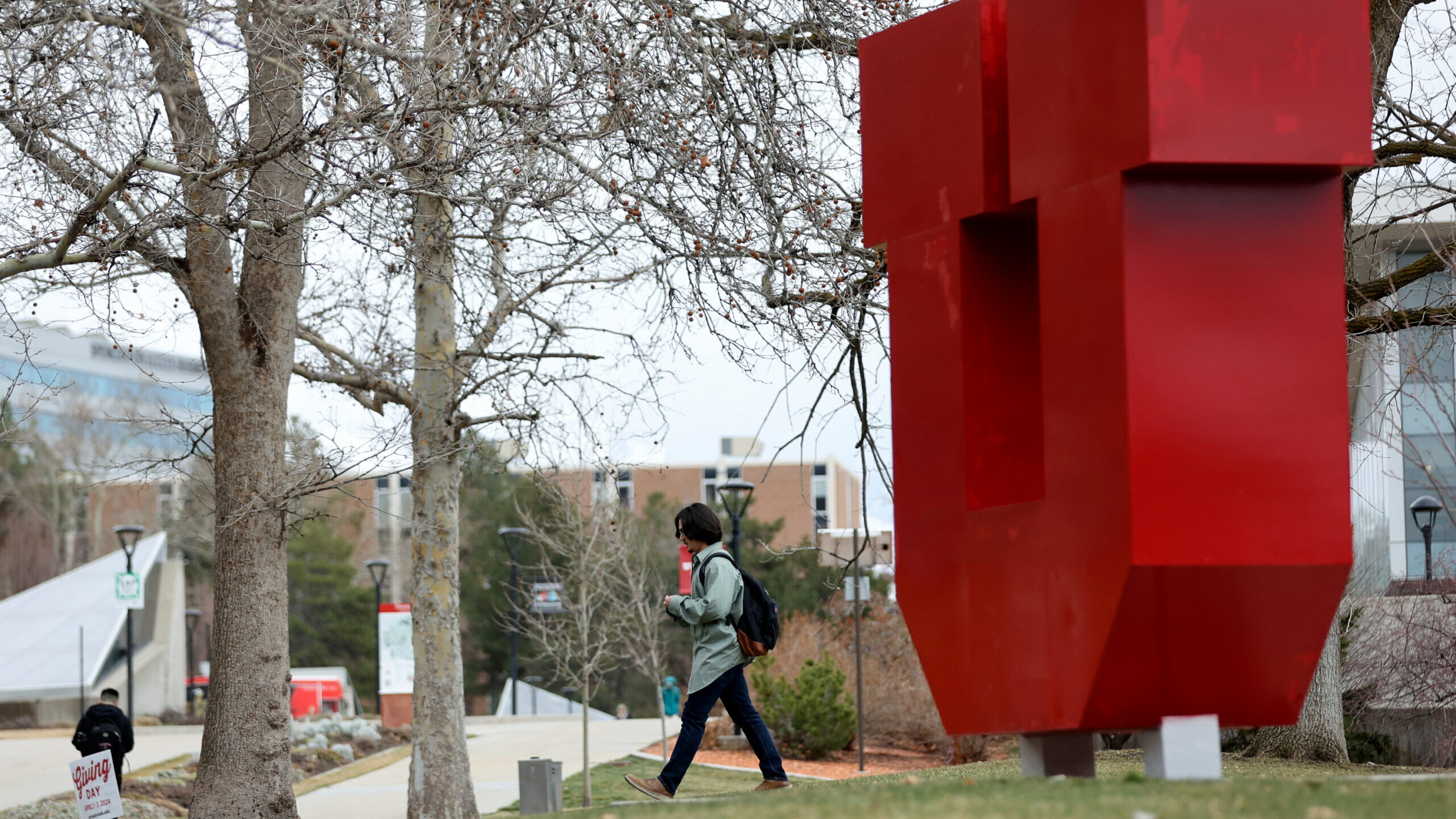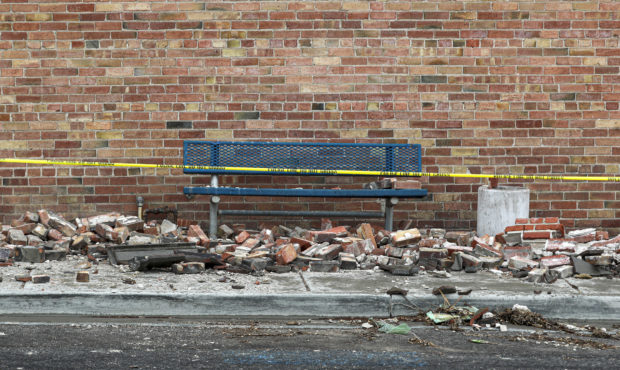How Utah’s wildfires and winter inversion impact heart health
Nov 13, 2023, 9:00 PM

How do Utah's summer wildfires and its winter inversion impact the heart health of Utahns? An Intermountain Healthcare study is aiming to answer just that. (Canva)
(Canva)
SALT LAKE CITY — How do Utah’s summer wildfires and its winter inversion impact the heart health of Utahns? An Intermountain Healthcare study is aiming to answer just that.
By studying 22,000 patients, Intermountain Healthcare is examining the seasonal impact of summertime wildfires and winter inversion and its direct role on heart health for residents on the Wasatch Front.
Dr. Benjamin Horne, lead author of the study and professor of research at Intermountain Health told KSL NewsRadio’s Dave and Dujanovic the study looks at wildfire season and inversion separately. While Intermountain Healthcare has examined heart attacks and air pollution before, this is the first time it is examining based on the season.
“The wildfire season is mutually exclusive from inversion season,” Horne said. “So, we’re able to break those apart and look at the effects of the different types of air pollution. We get a lot of wildfire smoke from California, Oregon and other places … so there’s potential risk, even if it’s not from the local wildfires in Utah.”
Heart health and air pollutants
Horne said there has been a rise in air pollutants from wildfire smoke over the last decade. According to Horne, scientists did not see much of an effect from wildfire smoke before 2012. Wildfire smoke and inversions also seem to affect people differently.
“We found that there was some kind of difference where people in the summertime were not having as many heart attacks in conjunction with the wildfire smoke, but they were coming in with the precursor of a heart attack, which is unstable chest pain, which is chest pain that you experience when you’re at rest,” he said. “And so there’s some interesting differences in the patterns of the heart problems that we see in the summertime with the wildfire smoke compared to inversion.”
On days when there is an acute rise in air pollution from inversion, there is also a spike in heart attacks, according to Horne. Something similar happens in the summertime on days when there is an acute rise in air pollution. On those summer days, Horne said, people are checking into the hospital with diagnoses of unstable chest pain.
“Which is interesting because the difference is unstable chest pain, if left untreated, progresses eventually to a heart attack,” Horne said.
Factor in air quality
It seems that people tend to seek medical attention for chest pain sooner in the summer than in the winter. Horne recommended that cardiologists take daily air quality into account.
“We have our physicians try to counsel with the patients, and especially those with existing coronary disease, and help them think about … [how to] get access to the air quality index data so that they can be more aware of their individual risk and stay inside if there’s higher PM 2.5,” Horne said.
Horne advised anyone with heart risks or conditions to stay inside on poor air quality days.
“Be aware of when the air quality is poor so that you don’t induce one of these health events that can really alter the trajectory of your health going into the future,” he said.
Dave & Dujanovic can be heard on weekdays from 9 a.m. to noon.













